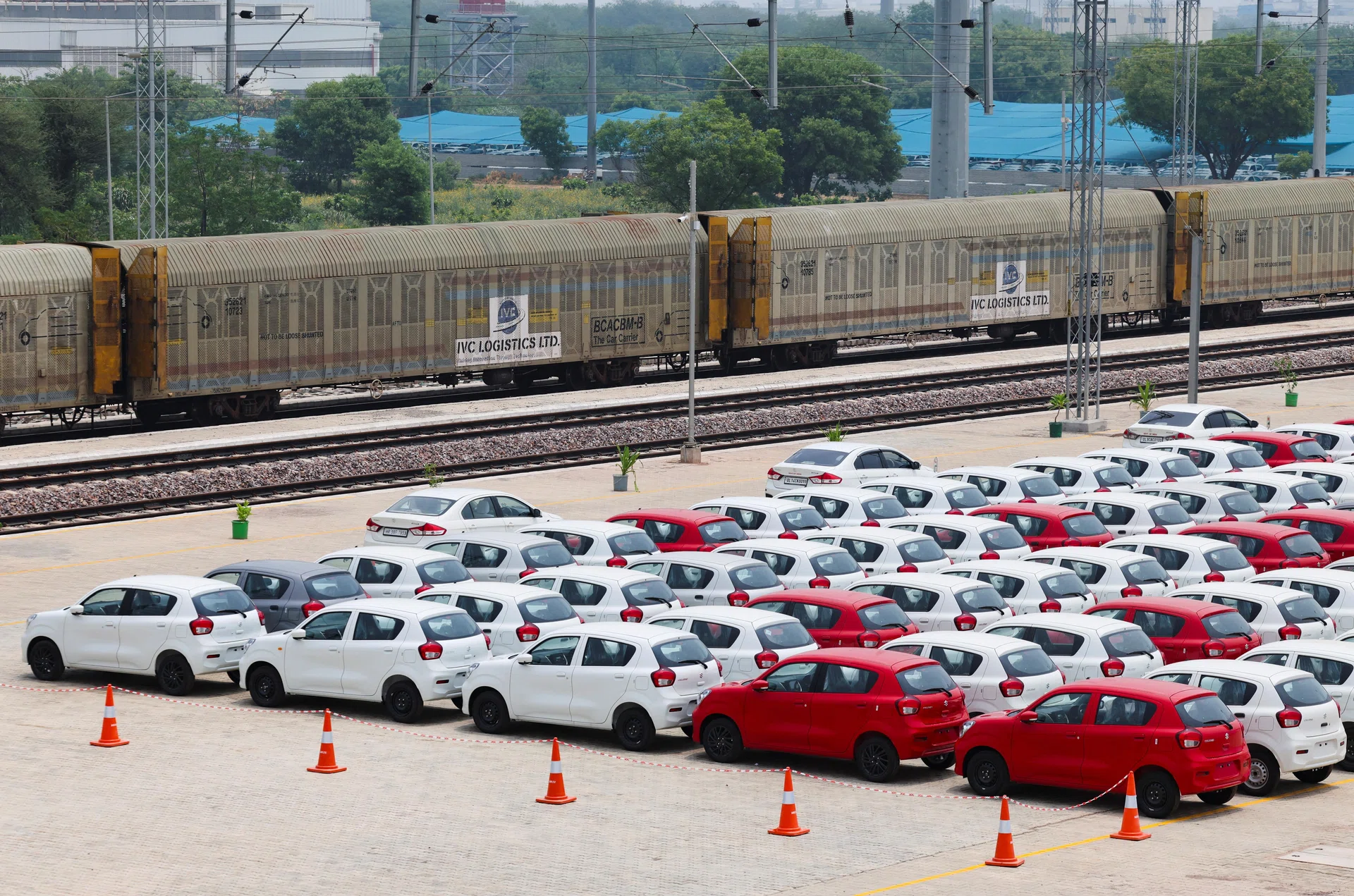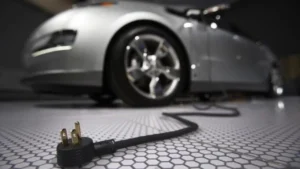India is considering a significant tax relief for car buyers as the government plans to reduce GST on small cars to 18% from the existing 28%. The move, if implemented, could revive demand in the auto sector and give a major push to leading manufacturers like Maruti Suzuki, Hyundai, and Tata Motors.
According to sources familiar with the matter, the federal government has suggested slashing GST on petrol cars below 1200cc and diesel cars under 1500cc, not exceeding four meters in length. Alongside automobiles, the government is also evaluating a proposal to reduce GST on health and life insurance premiums from the current 18% to as low as 5%, or even exempt them entirely.
The announcement of these sweeping tax cuts is expected by Diwali 2025, aligning with India’s biggest shopping season. This marks the most extensive GST revision since its rollout in 2017 under Prime Minister Narendra Modi, when the nation replaced multiple state levies with a unified tax system.
Industry experts believe that reducing GST on small cars could breathe new life into a segment that has been steadily losing ground to SUVs. Data shows that while compact cars once contributed nearly half of India’s passenger vehicle sales before COVID, their share fell to one-third of the 4.3 million units sold last fiscal year.
Maruti Suzuki, which has seen its market share decline from over 50% to around 40% in the past five years due to shrinking sales of models like Alto, Wagon-R, and Dzire, stands to benefit the most. Hyundai Motor India and Tata Motors are also likely to see a sales boost if the proposal goes through.
Meanwhile, for larger vehicles currently taxed at 28% GST plus a compensation cess of up to 22% (resulting in nearly 50% total tax), the government may introduce a special flat rate of 40%, ensuring the overall incidence remains stable for luxury and high-end models.
The news sparked optimism in financial markets, with shares of automakers such as Maruti, Mahindra & Mahindra, Hero MotoCorp, Bajaj Auto, and Eicher Motors surging between 2% and 8%. Insurance companies including ICICI Prudential, SBI Life, and LIC also recorded gains of 2%-4%.
The GST Council, headed by the Union Finance Minister and comprising state representatives, is expected to finalize the revised tax slabs by October. The new framework could simplify India’s complex four-tier system (5%, 12%, 18%, 28%) into a streamlined two-rate structure of 5% and 18%, making it the biggest GST reform in nearly a decade.
Read More: Traffic Misery Grows as Major Road Remains Under Repair
If approved, the GST cut on small cars will not only provide relief to middle-class buyers but also strengthen India’s automobile sector, the third-largest in the world.









